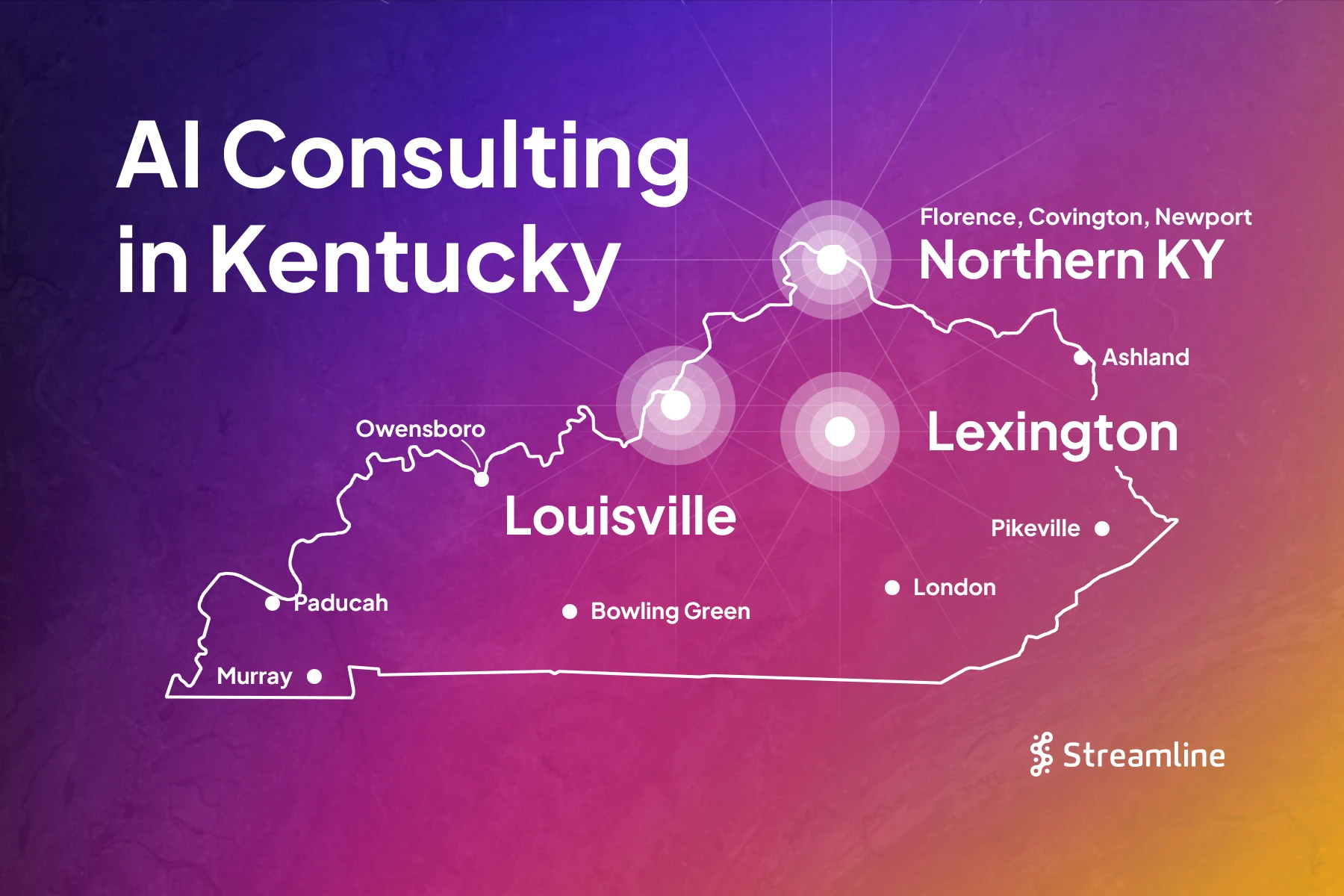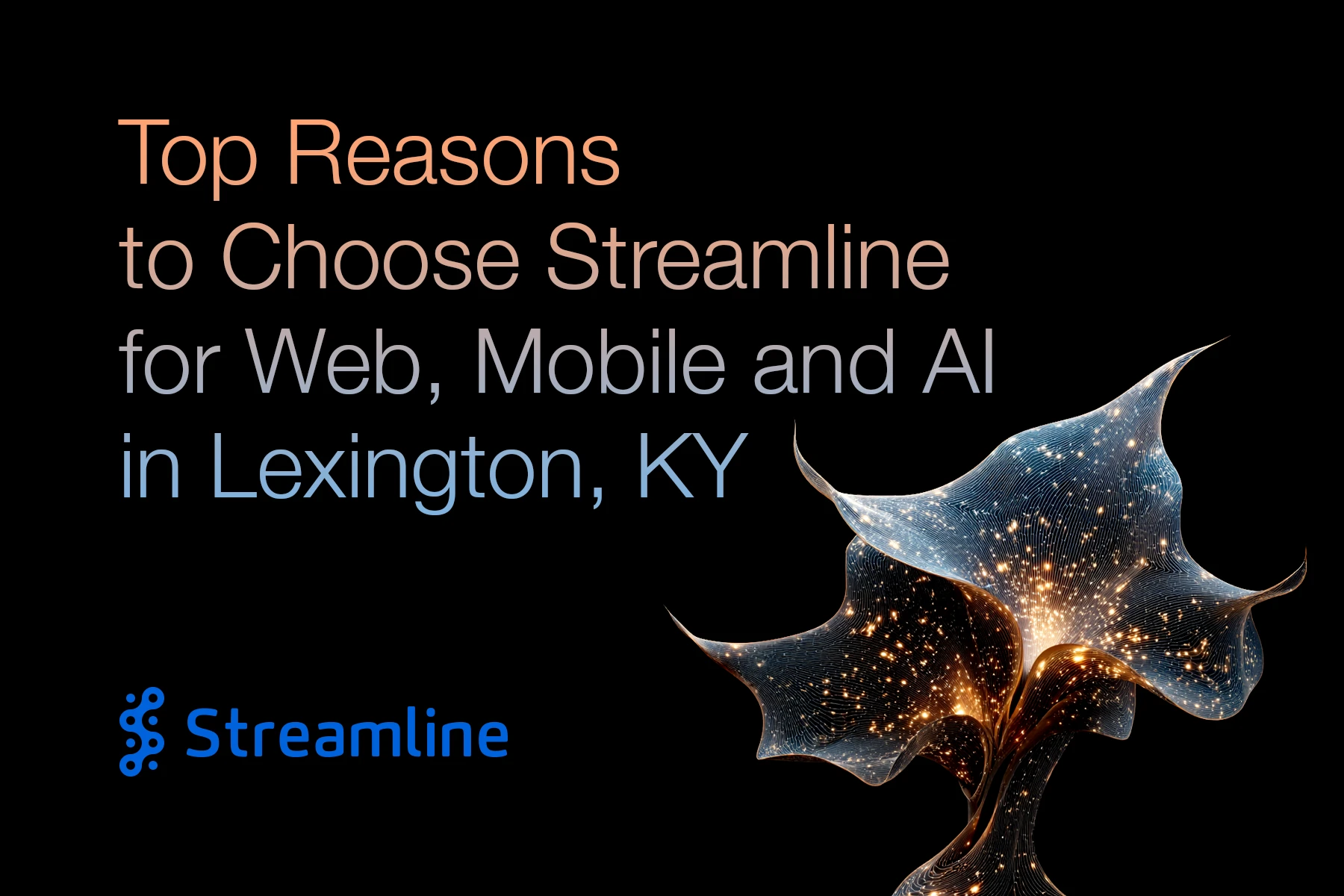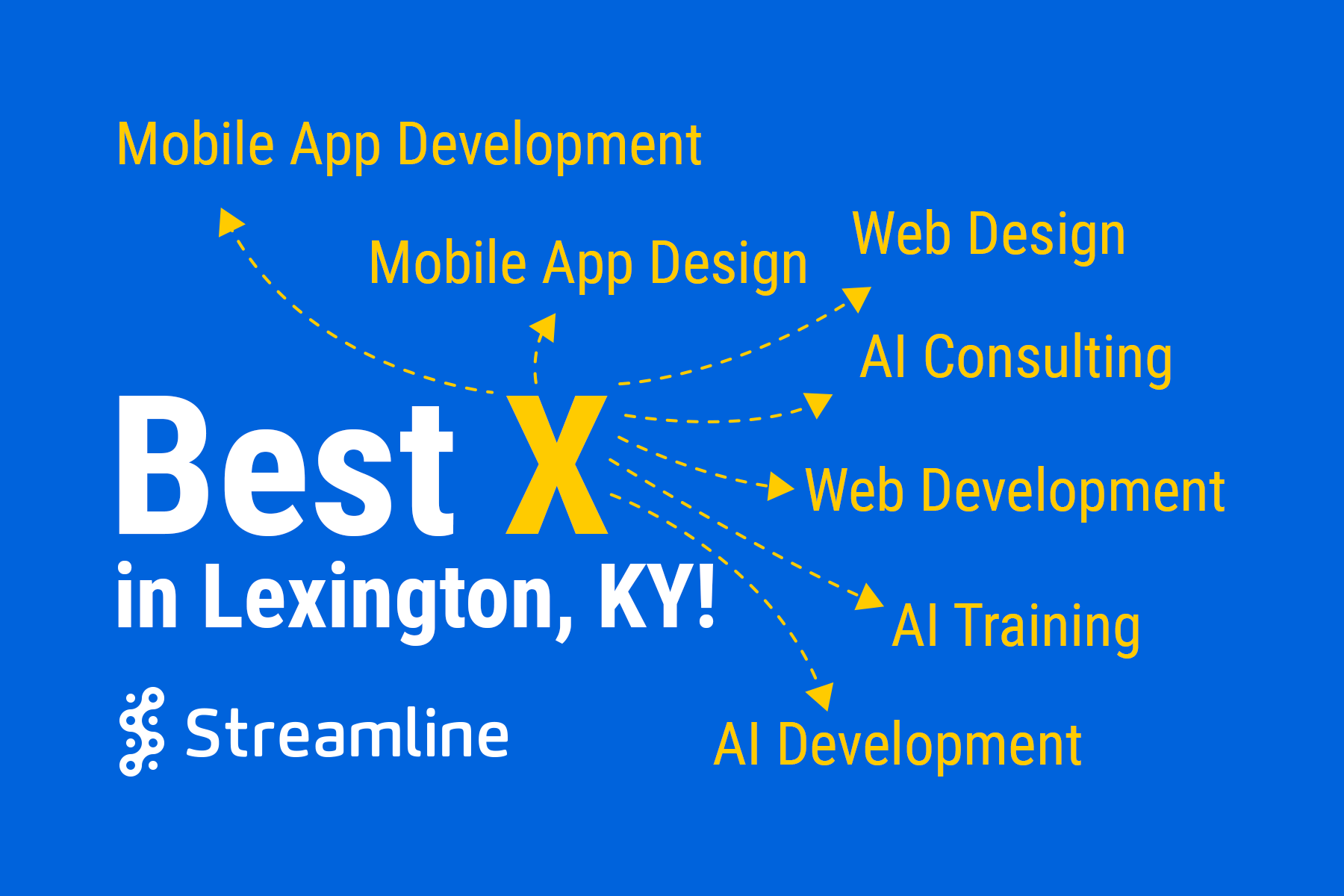As businesses increasingly integrate AI into their operations, ethical considerations become paramount. Companies must navigate a complex landscape to ensure responsible and sustainable ethical AI practices, from data privacy to user control. Let's examine the key ethical considerations businesses must keep in mind.
Data Privacy and Security
Ethical AI begins with proper data handling. Companies must collect, store, and process data used to train AI models in compliance with privacy laws like GDPR or CCPA. This requires obtaining explicit user consent, implementing secure data storage, and using information only for its intended purposes.
Protecting individual privacy demands data anonymization. This process strips personally identifiable information (PII) from data, preventing individual tracing. Anonymization safeguards privacy and builds user trust, encouraging data sharing when users know their information remains protected.
Accountability and Responsibility
Clear accountability is crucial when AI systems make mistakes or cause harm. Businesses must designate responsibility for AI decision outcomes. This may involve developers, data scientists, or business leaders who deploy AI systems. Clear accountability creates a mechanism for addressing issues and learning from mistakes.
Companies must also understand their legal and ethical responsibilities. This includes complying with AI use laws and regulations and ensuring AI systems avoid perpetuating biases or discrimination. Ethical responsibility extends to considering AI's broader societal impact and using it for the greater good.
Continuous Monitoring and Adaptation
AI systems require ongoing monitoring to ensure they perform as expected and maintain their intended purpose. This involves regular checks on the accuracy, fairness, and impact of AI decisions, with adjustments made as needed.
As societal norms and legal frameworks evolve, businesses must adapt their AI systems accordingly. This may mean updating models to comply with new regulations or modifying algorithms to align with shifting societal values. Flexibility and adaptability play key roles in maintaining ethical AI practices over time.
User Consent and Control
Users deserve full information about how AI systems use their data and impact their lives. Companies should provide clear, accessible information about data collection, usage, and storage practices. Informed consent empowers users to make educated decisions about their data.
Beyond consent, users should control their AI interactions, including the ability to opt out of AI-driven processes. Providing user control respects individual autonomy and enhances trust in AI systems.
Ethical Training Practices
AI model training should use ethically sourced data. This means avoiding data that infringes on rights or privacy and ensuring transparent and fair data collection practices. Ethical data sourcing helps prevent biases and builds AI models on a solid ethical foundation.
Companies should openly share information about AI model training and the data used. This includes details about datasets, training processes, and potential data biases. Transparency fosters trust and enables external scrutiny, helping identify and mitigate ethical issues.
Conclusion
Navigating the landscape of ethical AI in business presents significant challenges. However, by prioritizing data privacy, accountability, continuous monitoring, user consent, and ethical training practices, companies can create AI systems that are both innovative and trustworthy. Embracing these ethical considerations will mitigate risks and foster a culture of integrity and trust, ultimately leading to more sustainable and successful AI deployments.
If you would like to speak to someone at Streamline about a project, please contact us any time.



